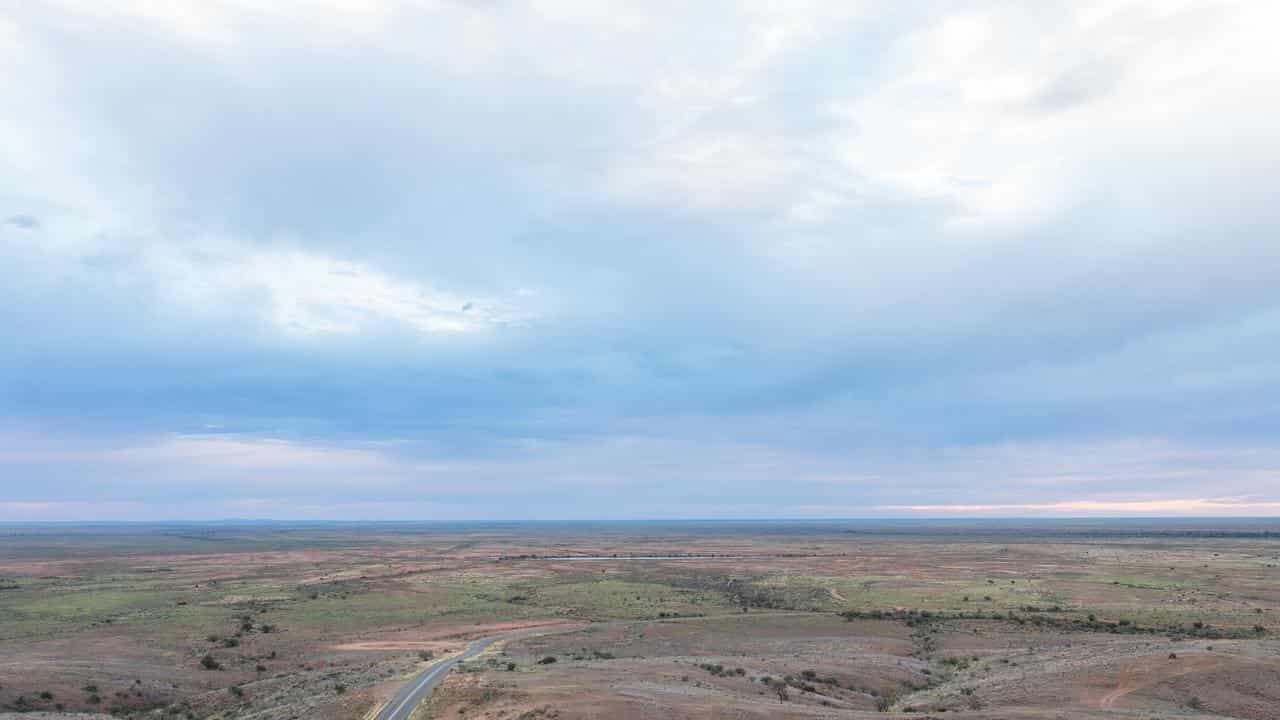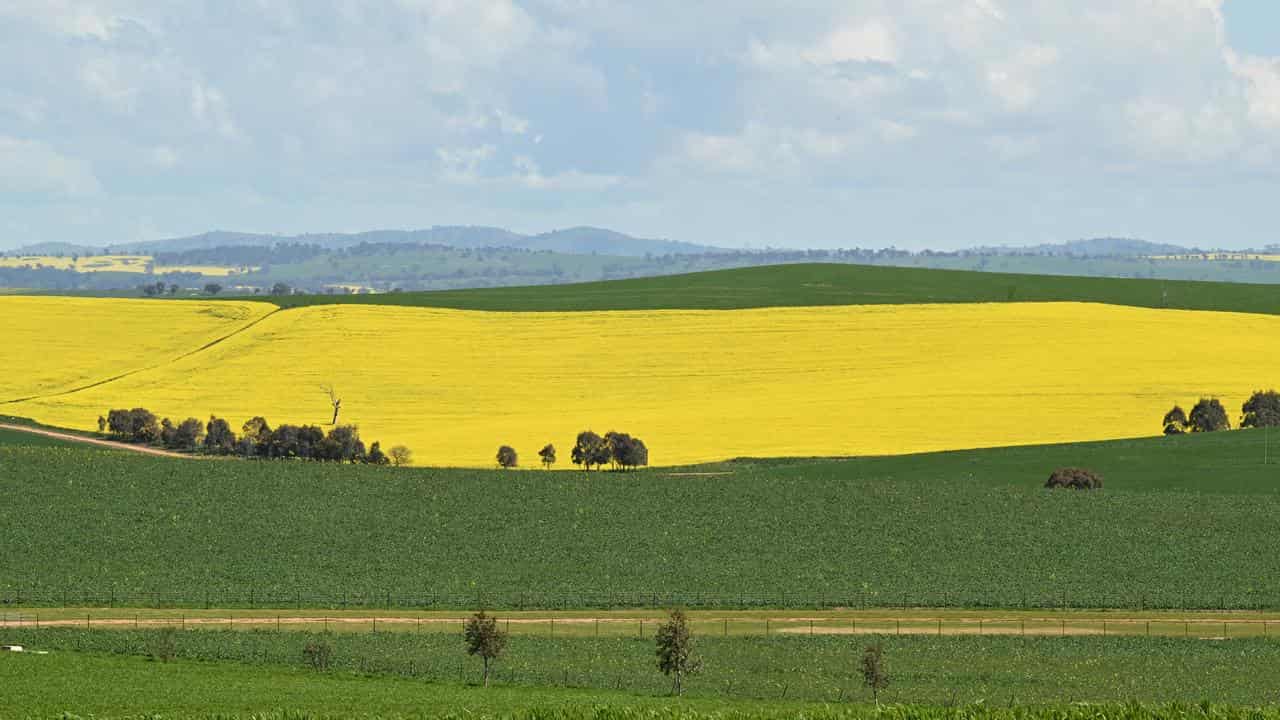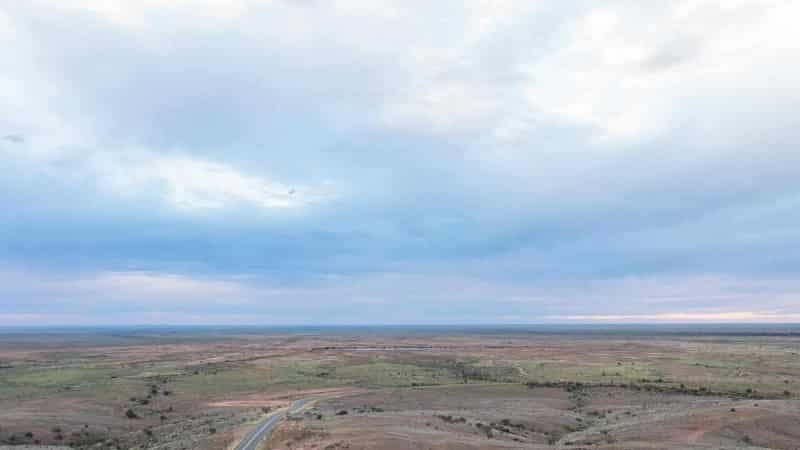
Australia's soil will emit carbon as the climate warms and could account for more than 10 per cent of the nation's emissions by 2045, scientists predict.
Soil helps keep the planet cool by absorbing carbon dioxide but as the Earth gets hotter its ability to retain this diminishes and it can be released into the atmosphere, according to Curtin University research.
Soil Scientist Raphael Viscarra Rossel said some areas of farmland may continue to store carbon but it won't be enough to offset the amounts lost from the soil in areas that are more sensitive to warmer weather, such as coastal regions and the nations’s vast rangelands.
Australian soil holds an estimated 28 gigatons of carbon, 70 per cent of which is stored in the rangelands.
“Unless farming methods are further improved so farmland soils can continue to store carbon, any gains and benefits will likely decrease by 2045 and worsen in time, if the Earth continues to warm at its current rate,” Professor Viscarra Rossel said on Tuesday.
“This means Australia’s soil could release even more carbon into the air instead of storing it, which will in turn make climate change worse."
Prof Viscarra Rossel said more sustainable pathways and improved management and conservation of soils were essential if Australia is to meet its emissions reduction goals.
“If emissions continue at the current rate, the Earth’s temperature is expected to reach two degrees above pre-industrial temperatures sometime this century, which is predicted to have dire consequences and potentially catastrophic impacts for the planet," he said.

“Ensuring Australia’s rangeland soils can maintain their carbon stocks is imperative."
This will require innovation and cultural awareness, and policies to enable more carbon to be captured and stored.
“It will be challenging, given the rangelands’ drier and more variable climate, its relatively sparse vegetation and other factors such as bushfires — however, only a slight change over such large areas will make a positive difference," Prof Viscarra Rossel said.
This could include grazing management, cultural burning and regenerating biodiverse and endemic native plant communities.
Prof Viscarra Rossel said this could help rangeland soils absorb and store more water and carbon, reduce erosion and lead to more stable ecosystems and fewer emissions.
The international research team led by Prof Viscarra Rossel simulations to predict the changes in the amount of carbon in Australia’s soil from 2024 to 2100.
It found Australia's soil will be a net emitter and could account for between 8.3 per cent and 14 per cent of the nation's total current emissions by 2045 depending on what action is taken to combat climate change in the coming years.
By 2100, soil emissions are predicted to account for an even higher proportion of total emissions, but the predictions are more uncertain.
The study was published in the Climate and Atmospheric Science journal.









